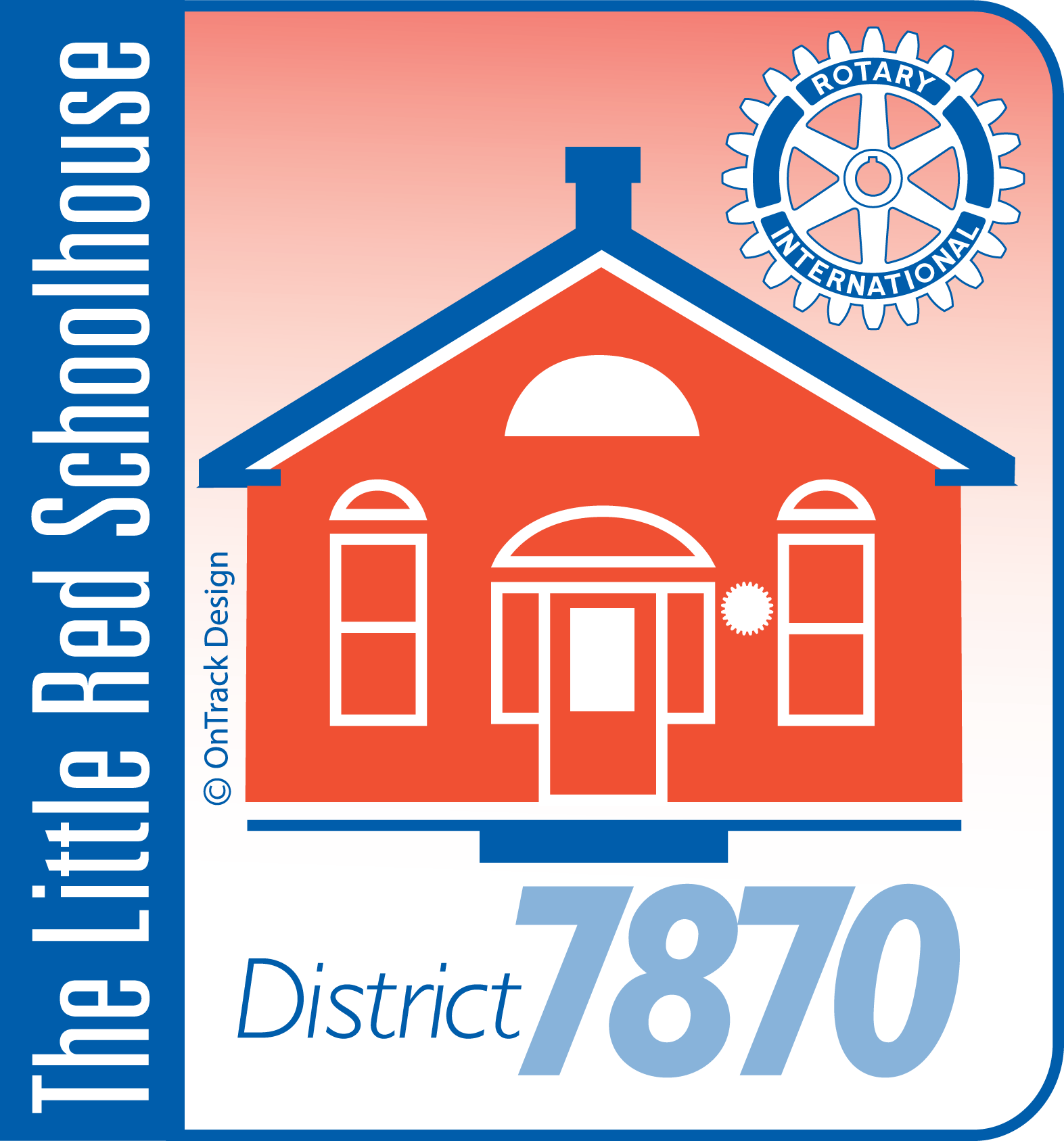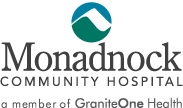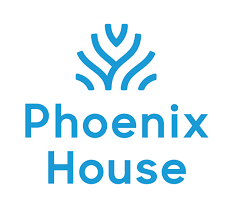Why Walk For recovery

.jpg)

.png)
.png)

.png)

.jpeg)
Messages to the Community from the Recovery Community
Grand Monadnock Rotary Club has been looking for something that can be done by those in the community to help reverse the Opioid Crisis and problems stemming from Substance Use Disorders. We asked local leaders in the Recovery movement to define what Communities should know about the Recovery process and how Communities can help those in recovery succeed. Here are things the community should know about Recovery.
Our work was stimulated by a May 1999 article in The Rotarian magazine that offered a glimpse of hope. Our sister clubs on the Seacoast from Portland to Portsmouth are working to change our public conversation around Recovery. You can download it from this link:
About Substance Use Disorder and Community Response
Recovery from SUD must be a community effort. It’s the community that has the problem and needs to address it, even if some are not directly affected by it. It’s not the community against those with substance use problems.
SUD is a public health issue that responds to treatment and support. SUD is not a criminal justice issue. Reacting to SUD with a purely criminal justice response marginalizes those with problems. Substance Use Disorders call for treatment and support, not incarceration.
Addiction Does Not Respect Social Boundaries
People affected by SUD are like us: lawyers, doctors, school teachers, housewives, our friends, our friends’ children, people who may not show their addictions at work or in public. We want them to know that their stories matter, and that there are ways to help them get into recovery.
Eighty percent of people affected by SUD began with prescription opioids prescribed by a doctor.
‘It doesn’t happen to us’ – wrong! It can happen to anybody, regardless of where you live and what you do.
It’s recovery from any kind of addiction – not just opioids, but also alcohol, pills, meth.
Recovery from SUD Requires a Public Health Approach,
not a Criminal Justice Approach
SUD is a disease of the mind, body and soul that creates compulsive behavior that circumvents our natural impulses for survival. We should celebrate those working to recover, encourage them as they do their hard work, and offer helping hands to get them back on the path to success.
SUD is not a choice – it is not a moral failing, and it doesn’t happen to other people: it happens to us. Addiction is a brain disease. Chemical addiction substances change the brain. It is a misperception that addicts make a deliberate choice to live that life.
Law enforcement knows better than most that the criminal justice system is inadequate to help. Almost 90% of substance use disorders, and 80% of prison population, are driven by mental health issues. There is a lack of services, lack of support for help for this population. We live in a stressful time – society can’t take care of everybody, but we must try if we are to grow our way out of our addiction crises.
Recovery is Possible – We Should Celebrate Recovery!
There are many stories of successful people in recovery. It does happen, and people do get out of it.
Society should celebrate that folks can recover, are in recovery, and do recover. Pathways in the brain may be interrupted and fundamentally changed, but people can recover the ability to make decisions that are in their own best interests.
Recovery takes time, support and courage to build a new life. It also takes Community to help people find a way back into society. People doing the hard work of Recovery need jobs, places to live, counseling, encouragement and support. Recovery is having a job, having a place to live, and being back in the community.
Recovery is beautiful, positive step. We celebrate people in recovery that have made it this far, and we welcome them back into society.
We Need to De-Stigmatize Talking About Substance Use Disorder
People in recovery should be able to speak out! There are 27 million people in recovery at this point, but few are openly willing to talk about it. One in ten Americans have had a substance misuse problem in the past but no longer do.
What the Community Can Do
Mainstream members of the community can make it easier and more welcoming for those in Recovery to re-enter the mainstream
Schools can be less restrictive and punitive to substance misusers, more open to delivering non-judgmental supportive assistance.
Businesses can be open to supporting people in recovery, both in their workforce and in hiring potential employees. Staff can educate themselves about strategies that help people in recovery succeed.
Youth & parents, grandparents, uncles, friends can be guardian angels, helping those with problems get help.
Media can help change public perceptions of People With SUD (NOT ‘Addicts’) and portray people with SUD as in need to help and support, not arrest and jail.
Members of the public can contribute in several ways…
Advocate with your senators and representatives to fund community recovery resources
Celebrate and thank those working to recover and working in the recovery field
Provide non-judgmental support for those in recovery – encouragement and support, not discrimination, marginalization and fear
Create Social Connections for People in Recovery. Social connection is the opposite of addiction – much drug-seeking behavior is part of wanting to be included, to avoid pain.
Thanks to our community friends for your support!
Grand Monadnock Rotary Club thanks all those who are part of this larger regional conversation about ways Communities can help end the Substance Misuse crisis.
For more information contact
Harry Wolhandler, Grand Monadnock Rotary Club
603-852-8026, Harry@Accelara.com
603-852-8026, Harry@Accelara.com

.jpg)

.png)
.png)

.png)

.jpeg)
.png)












